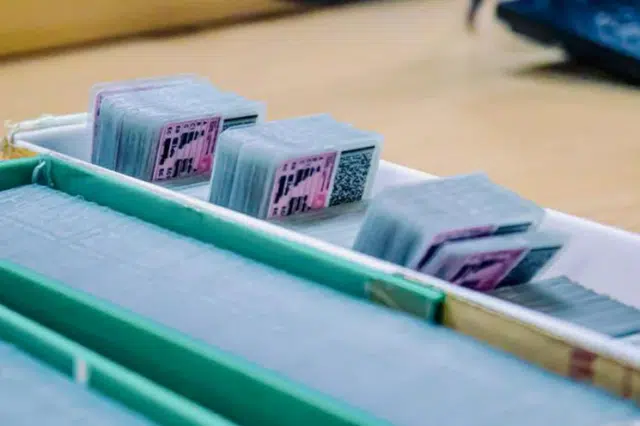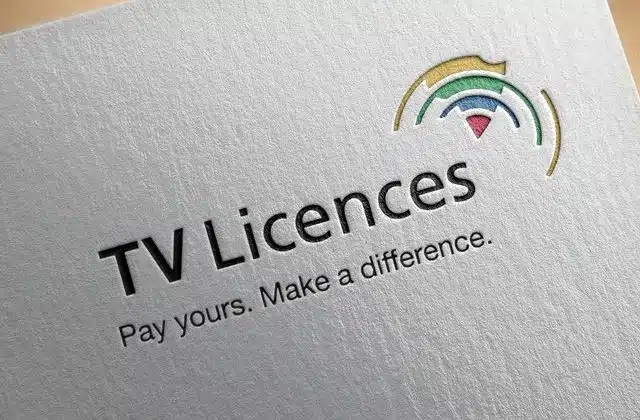
Major driving licence fraud flagged in South Africa
The Gauteng Department of Roads and Transport has concluded an investigation into corruption at its Drivers Licence Testing Centres (DLTC) – revealing major fraud and corruption by its own employees and criminals.
Gauteng transport MEC Jacob Mamabolo said that the investigation focused specifically on instances of:
- Fraud in the online booking procedure with certain mobile numbers booking multiple slots frequently;
- The allocation of slots for learners and driver’s license tests;
- Fee-dumping;
- Deficiencies in the systems used for biometrics;
- Collusion between employees, applicants and third-party driving schools;
- Conflict of interest where licensing officials own deriving schools;
- General non-compliance.
The report found that there were not sufficient controls in place to ensure that fraud and corruption are identified or deterred. This is the case especially when they leave the yard to conduct the road test.
“There are, in most cases, no CCTV cameras in place in both the yard and within the DLTCs, especially over the computerised learner’s licence testing venue, which can at least be monitored on a sample basis by a party independent of the DLTC to flag potential irregularities,” said Mambo.
The department further conducted 912 lifestyle audits on DLTC officials, with 13 officials being selected for deeper investigation. According to Mamabolo, some officials were found to be running their own driving schools along with working at the centres.
He added that the investigation uncovered instances whereby ‘runners’ were used to book slots for licence tests on behalf of applicants and collect certain documents. The report found that out of over half a million (570,000) online bookings, 2,304 mobile numbers were flagged to have made five online bookings in close succession.
Applicants could be charged between R150 and R200 for an illegal slot booking.
Wayne Duvenage, the CEO of the Organisation Undoing Tax Abuse (Outa) told 702 that fraud and corruption not only lead to the theft of public funds but also open the country up to serious road safety risks.
He added that people whose cars are not safe for roads are getting approved regardless, and eye-checks often fall to the wayside when systems are down.
Duvenage said that the DLTC’s process for licensing and the systems they rely upon open them up for abuse. He said if the systems were made simpler and the onus of collecting or booking fell on the applicant, it would be more difficult for third parties to take advantage of the system and make money off it.
One caller to the station said that there is an official price list where it can cost between roughly R1,500 and R2,000 for a licence. Duvenage added that the issue of fee-dumping is of considerable concern where fines or other costs attributed to a driver are somehow transferred to a deceased person – writing off the debt.
Duvenage stressed that the DLTC needs to update how it does its business with more checks, balances and alarms that flag misconduct.
Read: New smart centre for driving licence renewals in South Africa – how to use it



